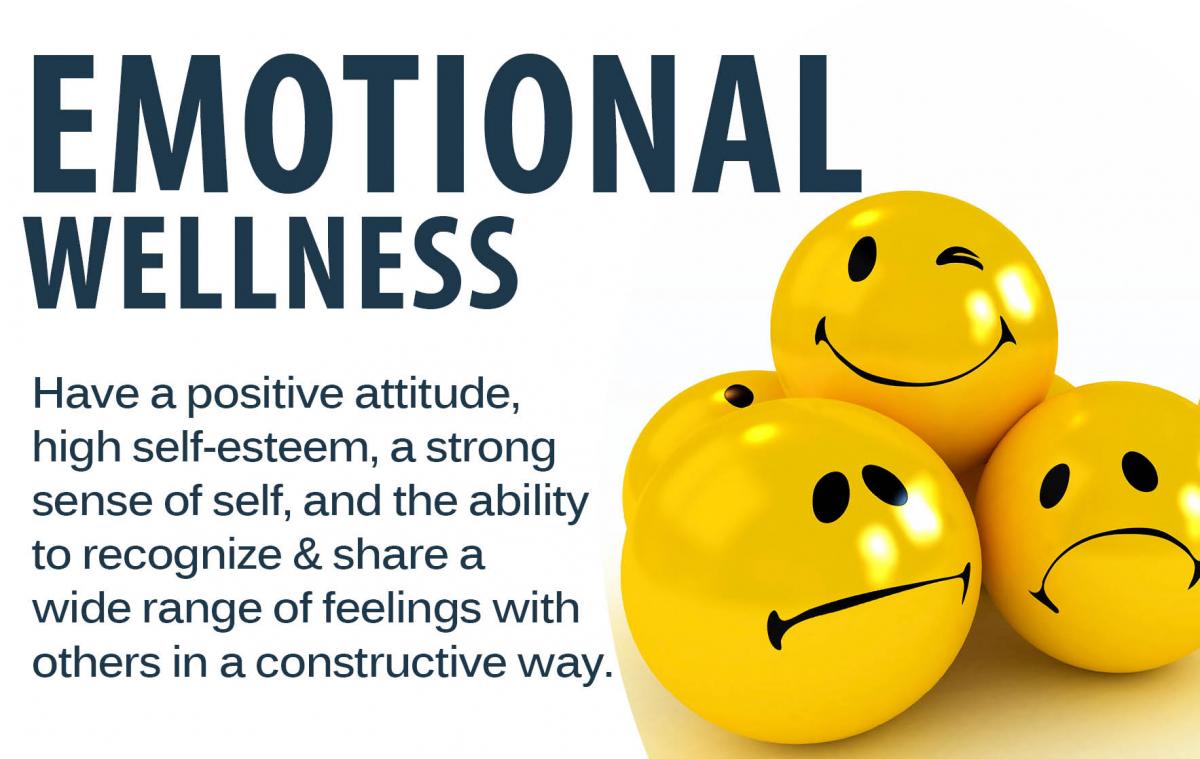
Balancing Minds: Achieving Mental Harmony
In the hustle and bustle of our daily lives, maintaining a sense of mental harmony has become more challenging than ever before. The constant demands of work, relationships, and societal expectations can take a toll on our well-being. In this article, we will explore the importance of mental harmony and discover practical ways to achieve and maintain it.
Understanding Mental Harmony
Mental harmony is not just about the absence of stress; it’s a state of equilibrium where the mind is at peace, regardless of external pressures. It involves finding a balance between various aspects of life, such as work, relationships, and personal well-being. Achieving mental harmony is a dynamic process that requires self-awareness and intentional efforts.
Prioritizing Self-Care
One of the key components of mental harmony is prioritizing self-care. In the midst of our busy schedules, it’s essential to carve out time for activities that bring joy and relaxation. Whether it’s indulging in a hobby, spending time in nature, or simply taking a break to breathe deeply, self-care acts as a reset button for the mind.
Mindfulness Practices for Mental Harmony
Mindfulness is a powerful tool for achieving mental harmony. Engaging in mindfulness practices, such as meditation and deep breathing exercises, can help calm the mind and reduce stress. By staying present in the moment, individuals can break free from the cycle of anxious thoughts and cultivate a greater sense of mental balance.
Building Resilience
Life is full of challenges, and building resilience is crucial for maintaining mental harmony in the face of adversity. Instead of viewing setbacks as insurmountable obstacles, see them as opportunities for growth. Developing a resilient mindset allows individuals to navigate life’s ups and downs with grace and composure.
Cultivating Positive Relationships
The quality of our relationships plays a significant role in our mental well-being. Surrounding ourselves with positive and supportive individuals contributes to a sense of belonging and emotional security. Nurture relationships that bring joy and fulfillment, and don’t hesitate to seek professional help if needed.
Striking a Work-Life Balance
Achieving mental harmony requires a healthy work-life balance. Overworking and constant stress from professional commitments can negatively impact mental well-being. Establish clear boundaries between work and personal life, and make time for activities outside of work that bring joy and relaxation.
Embracing Change and Adaptability
Life is dynamic, and embracing change is essential for mental harmony. Instead of resisting change, cultivate an attitude of adaptability. This mindset shift allows individuals to navigate life’s uncertainties with greater ease and flexibility, reducing the impact of stress on mental health.
Mental Harmony for a Fulfilling Life
In conclusion, mental harmony is a holistic approach to well-being that involves self-care, mindfulness, resilience, positive relationships, and adaptability. By prioritizing these aspects, individuals can cultivate a sense of balance and peace in their lives. Remember, achieving mental harmony is an ongoing journey, and it’s never too late to start prioritizing your mental well-being.
To learn more about the importance of Mental Harmony, visit StudentAls for additional resources and insights.


